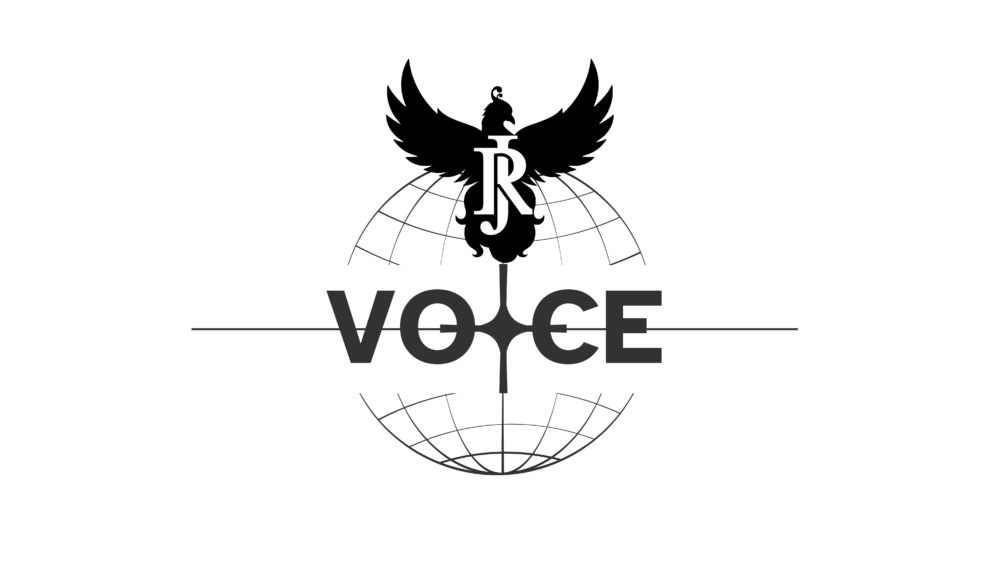The Bharatiya Janata Party (BJP) has launched a sharp political attack on West Bengal Chief Minister Mamata Banerjee, likening her leadership to that of Muhammad Ali Jinnah and accusing her of endorsing divisive politics in the wake of the recent violence in Murshidabad. As protests against the newly enacted Waqf Amendment Act escalated into deadly clashes, the BJP has blamed the Trinamool Congress (TMC)-led government for what they describe as state-enabled persecution of Hindus.
BJP national secretary Tarun Chugh was particularly vocal, stating that Banerjee’s governance style mirrors the approach taken by the Muslim League in the 1940s. He claimed that the Chief Minister’s silence following the deaths of three people during the violence in Murshidabad speaks volumes about her political priorities. “What Jinnah was doing is being done by Mamata Banerjee today. Her image has now become that of a modern-day Jinnah, and her party is acting like the Muslim League. These events echo the sectarian politics of pre-independence India,” Chugh asserted.
He further condemned the West Bengal government for what he called a consistent pattern of neglecting the safety of Hindus in the name of appeasement. According to Chugh, this silence in the face of loss of life reveals a deeper political strategy aimed at consolidating support from minority communities while ignoring escalating communal tensions.
Adding to the criticism, BJP spokesperson Shehzad Poonawalla accused the Mamata government of turning a blind eye to targeted violence. He labeled the situation as “state-sponsored, state-protected, and state-encouraged” aggression against Hindus, alleging that the administration’s actions, or lack thereof, are directly enabling such unrest. “We’re witnessing a mass exodus of Hindus from their homes. Idols are being desecrated, saffron flags are being torn down, and Hindu-owned shops are being set ablaze. All of this in the very land of Swami Vivekananda,” said Poonawalla.
According to local authorities, the violence erupted following protests against the Waqf Act amendments, with demonstrators taking to the streets in Murshidabad. The situation quickly escalated, resulting in arson, destruction of property, and fatalities. So far, over 150 individuals have been arrested in connection with the unrest, and police forces have been reinforced in high-risk areas including Samserganj and Dhuliyan.
In response to the deteriorating situation, the Calcutta High Court intervened over the weekend, directing the immediate deployment of central forces to the affected areas. The court has also called on both the state and central governments to submit detailed reports outlining their respective responses to the crisis. The next hearing on the matter is scheduled for April 17.
The BJP, meanwhile, has announced a ‘Waqf Reforms Awareness Campaign’ set to begin on April 20 and continue until May 5. The campaign aims to educate the Muslim community about the intended benefits of the amended Waqf legislation, countering the narrative that the law is discriminatory or unfair.
As political tensions continue to rise, the situation in West Bengal has once again underscored the growing communal and ideological divisions in the state. With elections on the horizon, the fallout from the violence in Murshidabad is likely to influence the political climate and voter sentiment in the weeks ahead.































































